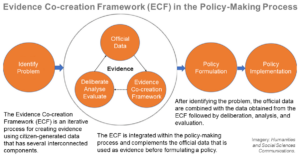
Translating Citizen-Generated Air Quality Data into Evidence for Shaping Policy
The practice of participatory sensing for environment monitoring has rapidly evolved over the years. There has been a steady growth of citizen-based environmental monitoring projects that aim to build partnerships, knowledge-sharing platforms, awareness, and ultimately environmental resilience. Citizen science has resh ...
Posted on 04/06/23
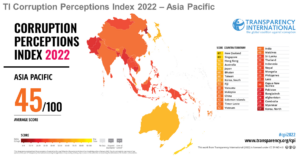
Assessing ‘Good Governance’ and Corruption in New Zealand: ‘Scientific’ Measurement, Political Discourse, and Historical Narrative
New Zealand is ranked highly on the Worldwide Governance Indicators (WGI), which assess performance on six dimensions of governance: voice and accountability, political stability and absence of violence, government effectiveness, regulatory quality, rule of law, and control of corruption. Moreover, New Zealand has long ...
Posted on 02/04/23
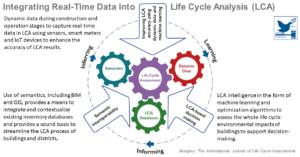
The Application of Life Cycle Assessment in Buildings: Challenges, and Directions for Future Research
New generation life cycle assessment (LCA) methods and tools can positively influence the environmental impact of the built environment and help mitigate the effects of climate change. They continuously learn from real-time data while allowing for effective operation and management strategies of buildings and district ...
Posted on 28/10/22
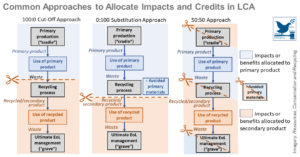
Towards Sustainable Development through the Circular Economy—A Review and Critical Assessment on Current Circularity Metrics
The circular economy (CE) is an optimal pathway to sustainable development and companies, governments and academics have formulated various proposals to measure circularity. Ideally, circularity metrics indicate how well circularity is applied to the whole life cycle of products and services in terms of society, the e ...
Posted on 24/10/22
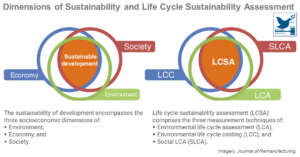
What are the challenges in assessing circular economy for the built environment? A literature review on integrating LCA, LCC and S-LCA in life cycle sustainability assessment, LCSA
For circular economy (CE) to succeed, focus must be given to the service life phase and the reuse/recycle phase of building projects. This involves more stakeholders both in the early decision-making phases of projects as well as in the design phase and impacts the project value chain. Life cycle sustainability asses ...
Posted on 19/10/22
Postings2025-01-08T09:00:41+02:00

